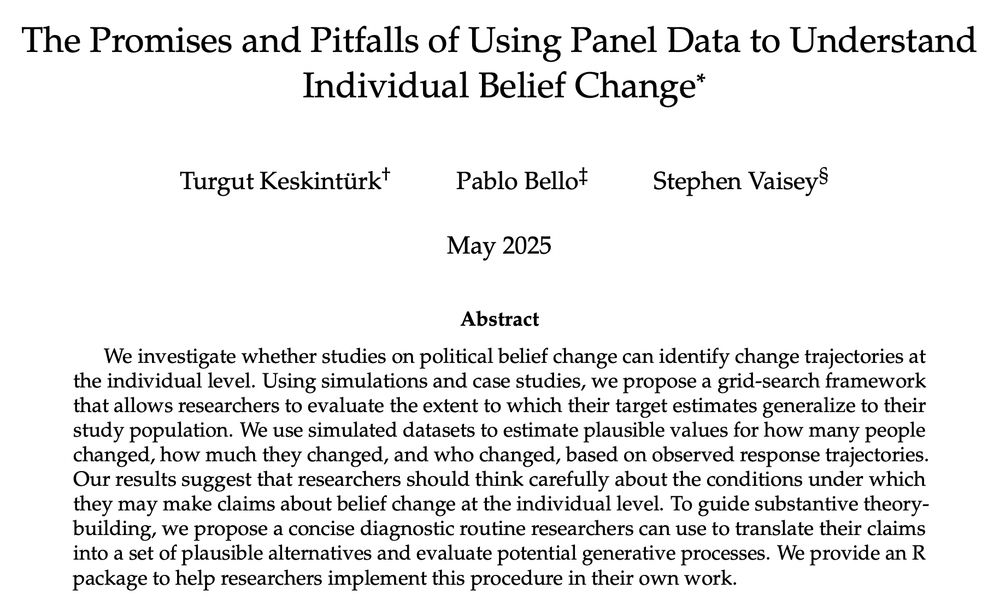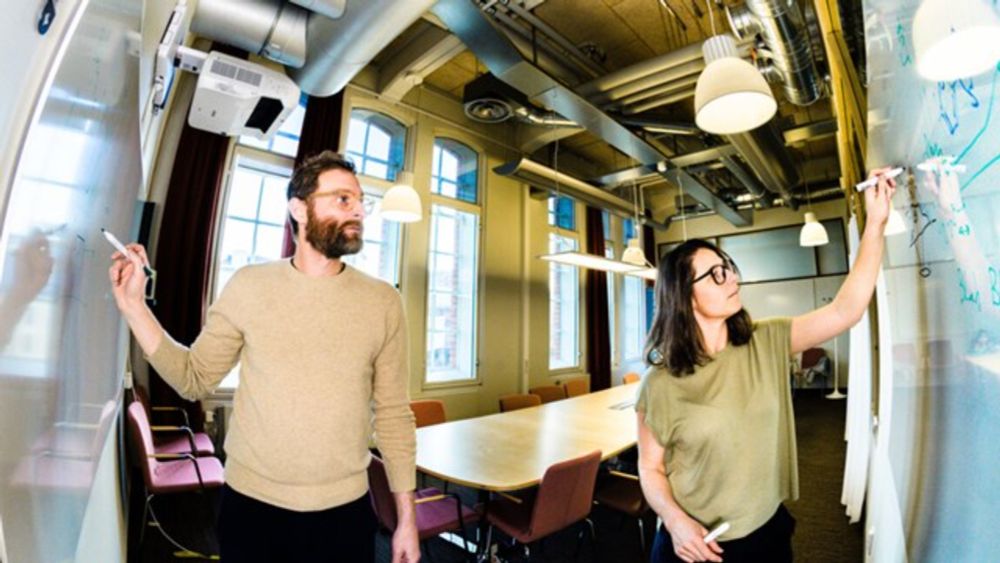Selcan Mutgan
@selcanmutgan.bsky.social
520 followers
490 following
28 posts
Assistant Professor @ Institute for Analytical Sociology, Linköping U.
| Dynamics of segregation
selcanmutgan.com
Posts
Media
Videos
Starter Packs
Pinned
Reposted by Selcan Mutgan
Reposted by Selcan Mutgan
Reposted by Selcan Mutgan
Reposted by Selcan Mutgan
Satu Helske
@satuhelske.bsky.social
· Aug 27
Reposted by Selcan Mutgan
Reposted by Selcan Mutgan
Reposted by Selcan Mutgan
Reposted by Selcan Mutgan
Reposted by Selcan Mutgan
Reposted by Selcan Mutgan
Selcan Mutgan
@selcanmutgan.bsky.social
· Jun 10
Selcan Mutgan
@selcanmutgan.bsky.social
· Jun 10
Selcan Mutgan
@selcanmutgan.bsky.social
· Jun 10
Selcan Mutgan
@selcanmutgan.bsky.social
· Jun 10
Selcan Mutgan
@selcanmutgan.bsky.social
· Jun 10
Selcan Mutgan
@selcanmutgan.bsky.social
· Jun 10
Selcan Mutgan
@selcanmutgan.bsky.social
· Jun 10
Selcan Mutgan
@selcanmutgan.bsky.social
· Jun 10









